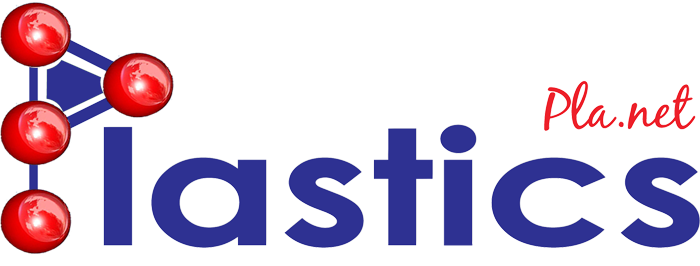Manufacturing Execution Systems at the Core of Sustainable Production
In the latest episode of the VDMA Industry Podcast, Markus Günther, Head of Sales at INFORM GmbH, Michael Möller, Managing Director of gbo datacomp GmbH, and Jan Doberstein, VDMA Informatik speaker, shed light on how digitalization and smart systems can successfully unite sustainability and efficiency in industrial production. Recorded live at the 17th MES Conference during Hannover Messe 2025 — one of the world’s leading events for industrial transformation — the episode explores why more and more manufacturers see Manufacturing Execution Systems (MES) as an essential pillar for future-proof production.
The conversation highlights that MES systems have evolved beyond merely scheduling orders or gathering machine data. They have transformed into all-encompassing solutions for immediate data gathering, evaluation, and connectivity. This digital infrastructure allows businesses to enhance production processes making them smart, efficient in resources, and completely transparent—while incorporating sustainability into everyday activities and ensuring it can be quantified. Through the integration of all production stages and material flows, MES guarantees streamlined processes, reduced waste, and ongoing monitoring and optimization of energy usage
The podcast highlights several key messages. One is resource efficiency through MES: optimized processes directly reduce energy use and material consumption, which has an immediate impact on operational costs and a company’s carbon footprint. Sustainable planning is another critical factor — by using intelligent order management, companies can achieve better production sequencing, reduce idle times and scrap rates, and keep downtimes to a minimum. This not only saves resources but also improves profitability and delivery reliability. The speakers also stress the importance of data-driven sustainability, as full transparency in production enables measurable reductions in CO₂ emissions. This helps manufacturers meet growing regulatory and customer demands for proof of their sustainability performance. Beyond day-to-day production, MES supports the transition to a more circular economy by enabling better recycling and traceability throughout the value chain. This capability is becoming increasingly vital as industries look to close material loops and adopt more sustainable consumption and production patterns.
“MES: Bridging the gap between ecology and economy” is more than just a slogan — it reflects a real shift happening across the manufacturing landscape. “Optimized production planning is the basis for sustainable production,” emphasized Markus Günther. “In addition to the obvious goals, the efficient use of resources in every MES also contributes to the following UN sustainability goals: Healthy lives and well-being (Goal 3), Affordable and clean energy (Goal 7), Decent work and economic growth (Goal 8), Industry, innovation and infrastructure (Goal 9), Sustainable consumption and production patterns (Goal 12) and Climate action (Goal 13).”
Michael Möller reinforces this point by adding: “Digital processes optimize resource efficiency and reduce waste. Sustainability in production is not just about saving energy. Sustainability is becoming a corporate philosophy! Those who make targeted use of MES combine both ecological responsibility and economic success.” These perspectives illustrate why more manufacturers are embracing MES as a strategic tool — not only for operational excellence but also for demonstrating concrete, measurable progress toward sustainability goals.
As the episode closes, it becomes evident that the capacity for smart planning, tracking, and real-time adjusting of production is not merely a competitive edge anymore; it’s rapidly becoming an absolute necessity for organizations that wish to succeed in a market ever more shaped by climate targets, resource constraints, and consumer pressures for green products. MES offers the platform for this change — enabling resource efficiency, sustainable planning, transparency through data, and a digital route to a circular economy — and enabling the manufacturing sector to bridge the gap between profit and planet once and for all.
#vdma #Modernplasticsindia #Pasticsnews #ModernPlasticsIndiaMagazine
#PrintPublication #Plasticspla.net




